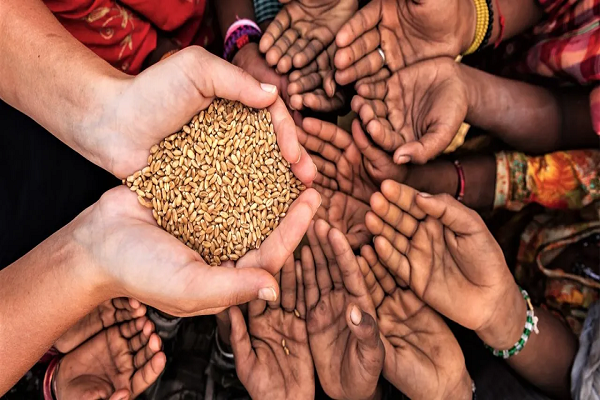Society’s Right to Natural Wealth; Axis of Cooperation

The Holy Quran says: “He spread out the earth for the people.” (Verse 10 of Surah Ar-Rahman) And also says: “It is He who created everything on earth for you.” (Verse 29 of Surah Al-Baqarah).
Therefore, natural resources, whether they require extraction or not, are in principle the right of all members of society.
In Hadiths, some wealth is mentioned as common and permissible. According to a Hadith of the Holy Prophet (PBUH), people share three things with each other: water, fire, and pasture.
Apparently, one of the wisdoms of imposing zakat on grains is that these grains need water, and water is a common resource, and since the grain producer benefits from this common element, he must pay a share to someone who does not have the power to benefit from this element.
In addition to the clear right of the poor and the deprived in the wealth of the rich in Verse 19 of Surah Ad-Dhariyat: “… and in their wealth was a share for the needy and the destitute,” (Dhariyat: 19), the expression of the poor sharing in the wealth of the rich is also mentioned in some Hadiths. For example, the Commander of the Faithful (AS) commands Muslims to make the poor and deprived Muslims partners in their lives.
Read More:
It is clear that in partnership, both parties can use the necessary thing by considering each other’s consent and preserving each other’s rights. The term “partnership” also establishes the principle that the poor are entitled to the wealth of the rich (like partners).
If the rich give a part of their wealth to the poor, in fact, they have paid their right and share. This Islamic stance reveals the depth and originality of social cooperation.


